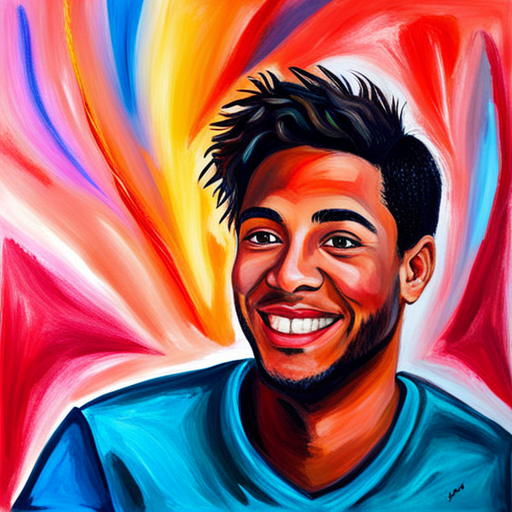Concerts are a thrilling experience, an amalgamation of rhythms, beats, and voices that captivate our souls. But, while they invigorate our spirits, some of these events can wreak havoc on our ears. Not all concerts are created equal when it comes to potential hearing damage. Let's delve into the types of concerts that are the most damaging and offer strategies to safeguard our ears.
Rock and Heavy Metal Concerts
It's not a surprise that rock and heavy metal top the list. The sheer intensity of the drums, guitars, and vocals in these genres can reach levels of decibels (dB) or even higher. Continuous exposure to sounds over 85 dB can cause hearing damage, making these concerts a potential danger.
Electronic Dance Music (EDM) Festivals
The pulse-pounding beats of EDM festivals can also pose risks. The bass in particular, though more felt than heard, produces vibrations that can harm our inner ears when excessively loud.
Pop Concerts
Yes, even your favorite pop idols can crank the volume up. It's not just about the music; screaming fans contribute significantly to the overall noise level.
Classical Music Concerts
Surprised? While classical music concerts are generally softer than the aforementioned genres, they aren’t risk-free. Some compositions can reach peak decibel levels, especially when featuring a full orchestra with brass and percussion.
Protecting Your Hearing at Concerts
Now that we've identified the risks, let's look at some effective strategies to shield our ears:
Wear Earplugs: High-fidelity earplugs are designed for music lovers. They reduce the volume without compromising the quality of sound, enabling you to enjoy your favorite tunes without the damage.
Stay Away from the Speakers: It might be tempting to be front row, but the closer you are to the source of the sound, the louder and potentially more harmful it is.
Take Breaks: Give your ears a rest. If you’re at a festival or event that lasts several hours, find a quieter spot for a few minutes every hour.
Limit Alcohol Consumption: Alcohol can increase the risk of hearing damage at loud events. Drink responsibly and be aware of your surroundings.
Know the Signs: If you experience ringing in your ears (tinnitus) or muffled hearing post-concert, it's an indication that the volume was too high for your ears. These symptoms usually fade but frequent exposure can lead to permanent damage.
Check the Volume: Smartphone apps are available that can measure the decibel level of your environment. While not as accurate as professional devices, they can give you an idea if you're in the danger zone.
Conclusion
Concerts are an exhilarating experience and a fantastic way to connect with music and fellow fans. But it’s crucial to remember our hearing health. By taking precautions, we can ensure that our ears continue to enjoy the music for years to come.




